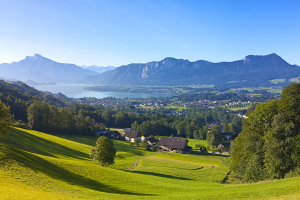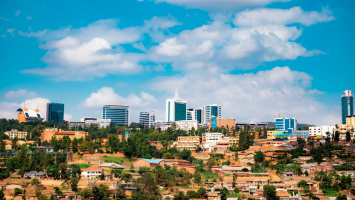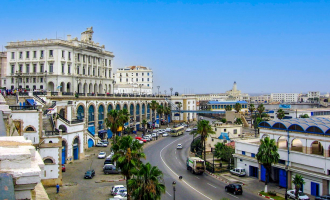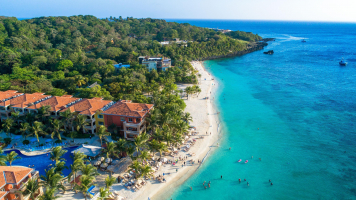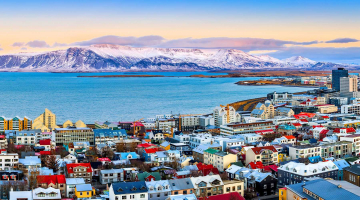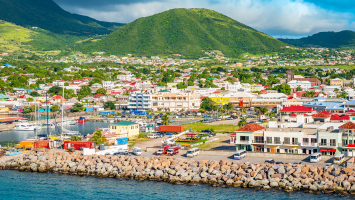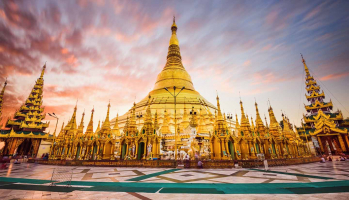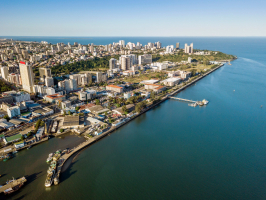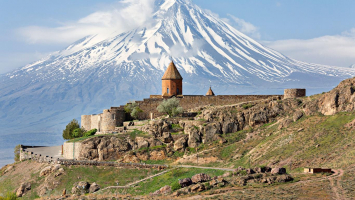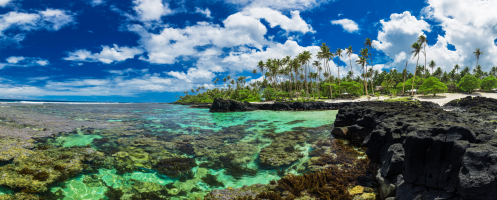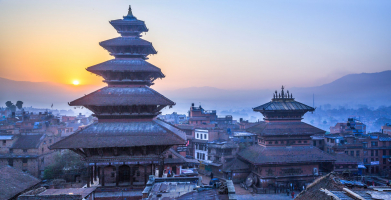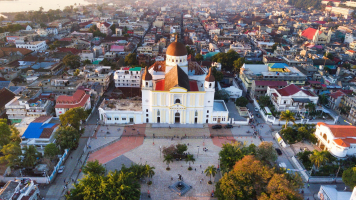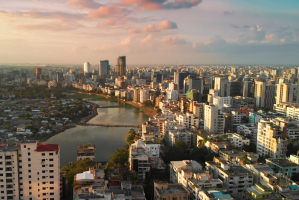Top 11 Australia Cultural Traits
Australia is a hugely varied nation with a huge variety of great cultures and communities. But there is something genuinely special about this place that ... read more...unites everyone: the distinct common spirit and outlook that is the Australian way of life. Here is all you need to know about the Australian way of life, from lax attitudes to a serious love of sports and nature.
-
Want to learn more about Australian humor? Bob Hawke, a previous prime minister, started off with this joke. Australia is a place where it's OK to greet your boss with "G'day, mate," where profanity is used as liberally at the dinner table as salt and pepper, where they make fun of their politicians and are equally ready to make fun of themselves. No, Australians aren't especially good at the whole "solemn reverence" thing.
A stranger to an Australian is simply a friend they haven't yet met. Mateship, which is essentially a national characteristic, is the lifeblood of the Australian spirit. Australians take pride in being nice neighbors and friends to individuals they don't merely know. They frequently say "g'day" or "how ya doing?" to everyone they encounter, from the mailman to the cab driver. For Australians, the emphasis on mateship fosters a positive, open-minded mindset that asserts that anyone may be a mate.
Who said friends had to be people? Animals are terrific friends, and Australians' passion for environmentalism and sustainability is fueled in part by their diverse wildlife, which includes neighbors like fairy penguins, koalas, and wallabies.
https://www.thirstyswagman.com 
http://www.elc.edu.au/ -
The world recognizes Australians for one thing in particular: their laid-back, amiable demeanor. Of course, food, events, art, and history are all essential components of Australian culture, but what truly sets an Aussie apart is their carefree attitude toward life. It is how pals show up unexpectedly for a catch-up (but always with a six-pack of beer in hand). It's the reason you often hear strangers on the street saying "no worries, mate." Most importantly, it is setting tension aside so that you can enjoy the beautiful things in life that are already right in front of you.
Australia is, in deed, an equitable nation, it has been decided at some point in their history. They sit in the front seat of cabs and choose to pay a living wage rather than making their service employees rely solely on tips. Their culture is based on mateship and a fair go. This is especially evident in compared to Britain, where ingrained social structures have shaped society for decades.
They don't have classes in Australia. Football teams or football codes are the subject of their disagreements. That is, at least, what they tell themselves. As predicted, they discovered that Australia's social structure is flatter than Britain's. Only 2% of Australians openly claim to being members of the upper class, with the majority of people describing themselves as working- or middle-class. The remaining 6% were in the dark.
https://joy.org.au/ 
https://www.abc.net.au -
In the original Australian context, the purpose of chopping down a tall poppy is to maintain uniform blossom height. Australian slang has evolved through time to refer to "cutting down" great achievers who stand out in a crowd of average performers.
According to Dr. Rumeet Billan, who thoroughly investigated the subject in a study with Thomson Reuters and Women of Influence, "Tall Poppy Syndrome (TPS) is a phrase often used in Australia, referring to the assumption that poppies should grow together." "One is chopped down to size if it becomes too tall."The notion of the "fair go," or the idea that everyone should be given an equal opportunity, is one principle that Australians do hold in high respect. This attitude is demonstrated by the fact that everyone supports publicly financed healthcare and education systems. Australians take pleasure in their ingrained equality, having rejected the ostentatious class structure of their historical motherland, Britain.
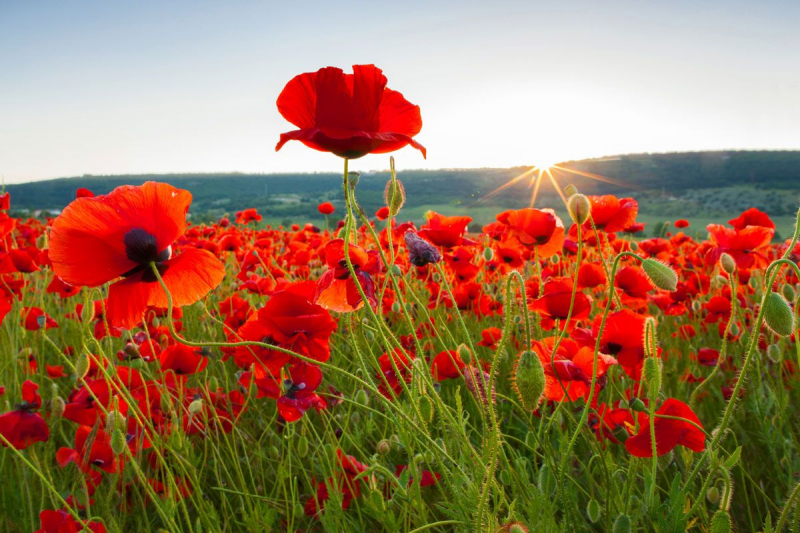
https://www.pinterest.com 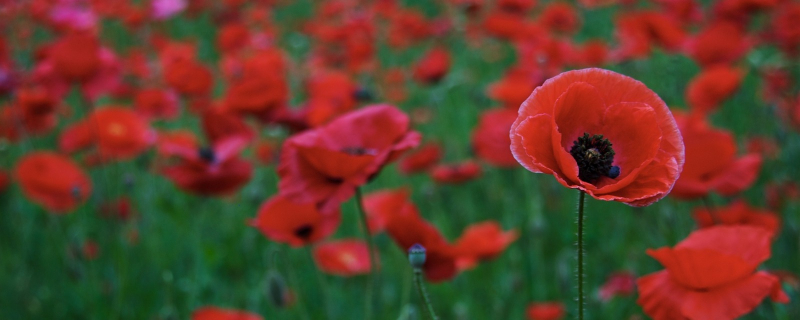
https://margiewarrell.com/ -
Australia's diverse cultural makeup, brought about by waves of immigration following European colonization in the late 18th century, prevents the country from having a single, unified national culture. Those early British and Irish settlers, European immigration during World War Two, then expanding Asian and African communities in recent decades have joined the hundreds of Indigenous groups. In fact, a quarter of Australians were born abroad, and a further 25% have at least one parent who was also born abroad.
Many of us have long known that Australia is a prosperous multicultural country, but they can now take pride in being the most ethnically diverse nation on earth. Australia boasts 100 religions and 300 ethnic groupings in its cultural melting pot, with 26% of individuals born overseas and 49% of people having at least one parent born abroad. According to the census, Australia (26%) has a larger percentage of foreign-born citizens than the US (14%), Canada (22%) and New Zealand (23%). You ask, "What about the United Kingdom?" Not close at all (13%)." 2016 Census, Australian Bureau of Statistics.
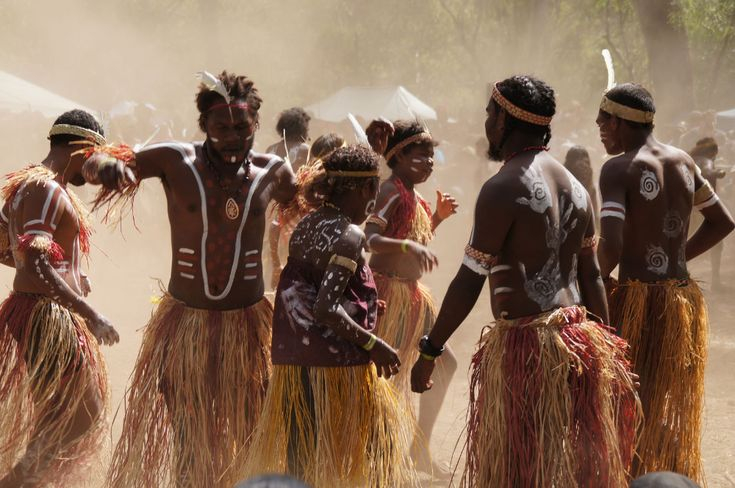
https://www.pinterest.com 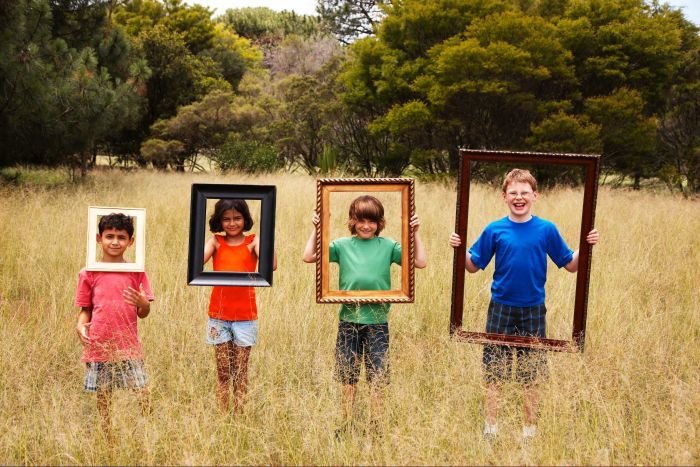
http://www.abc.net.au -
Australia's First Peoples, who represent the oldest continuously existent civilization anywhere in the world, are one of the most important elements of this multicultural environment. There are currently 650,000 Indigenous people in Australia, or around 2.8% of the entire population, and archeological evidence indicates that Aboriginal and Torres Strait Islander people have lived on the continent for 60,000 years.
The Aboriginal and Torres Strait Islander peoples are the owners of Australia's first and oldest stories, which have a significant impact on the country's culture today. Their numerous languages, ideologies, and histories combine to produce the oldest still-existing society on earth, dating back thousands of years.
Take a Dreamtime Southern X tour in Sydney to learn about the traditional Aboriginal way of life, or get your groove on at Dance Rites, Australia's national Indigenous dance competition, which is held at the Sydney Opera House.
Due to the influx of immigrants into Australia's vibrant cities and breezy regional towns, the country's multiculturalism and diversity are continuing to increase. Today, everything from the food we eat to the holidays we share is influenced by Australia's diverse backgrounds, cultures, and communities.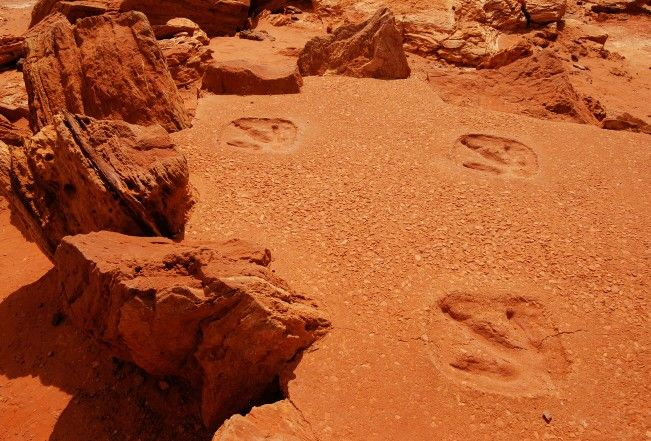
https://www.pinterest.com 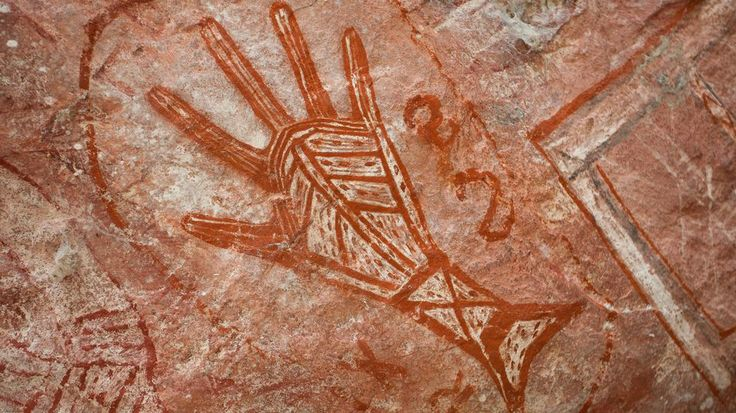
https://www.pinterest.com/ -
Due to the country's thriving multiculturalism, lamb roast is just as frequent in Australia as fettuccine, pho, or falafel. However, there is one peculiar aspect of Australian cuisine: kangaroo frequently appears on the menu. Australia's national symbol is a frequent dish, such as steak or sausages (known as "kanga bangers"), as there are 50 million roos roaming the land, which is twice as populous as humans.
Prior to 1993, when the government approved its sale in supermarkets and restaurants nationwide, kangaroo meat was prohibited in the nation. This led to the marketing of kangaroo meat, which is mostly produced by wild kangaroos, in Australia and more than 55 other nations.
Because it is a source of protein for the Australian populace, eating kangaroo is permitted. Additionally, it has health advantages and lowers atherosclerosis and obesity. However, the majority of Australians and people in other areas of the world have been against this practice because these animals are hunted in the wild. They are concerned that the hunting procedure could have negative effects on sustainability and public health.

https://www.foodmag.com.au 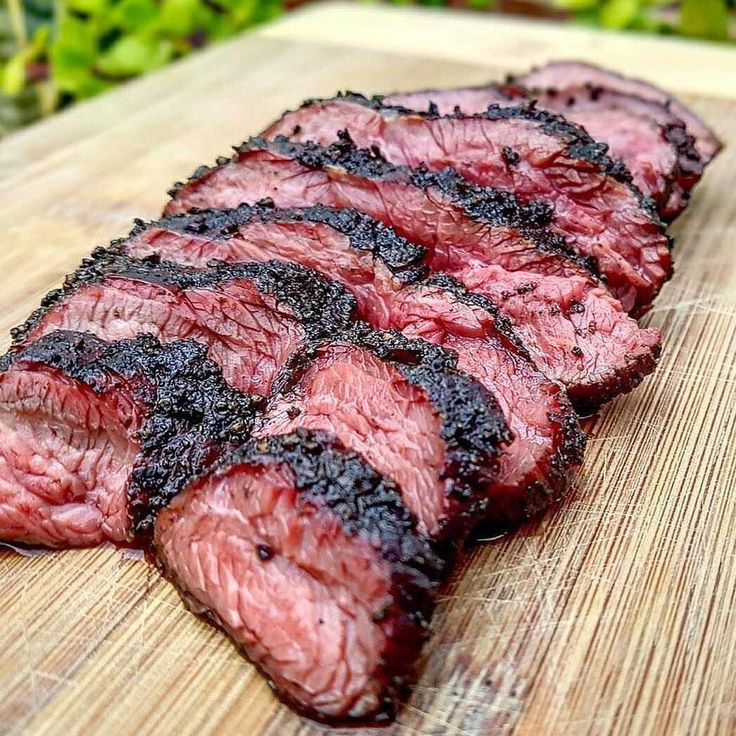
https://www.pinterest.com -
Australia, the only nation in the world that is both a nation and a continent in its own right, is known for having a wealth of attractions. Thousands of tourists come to Australia each year to discover the breathtaking views and experience the local culture. And what speaks more to the traditional way of life than the well-known Australian cuisine and beverages.
Try these well-known Australian drinks if you haven't already enjoyed the amazing flavors of Australia. They have a delightful and distinctive flavor that will no doubt captivate you. The alcohol sector in Australia is expanding quickly. In Australia, a wide range of alcoholic beverages are distilled and fortified.Australia ranks 19th overall and third outside of Europe on the World Health Organization's list of the world's thirstiest countries, consuming 12.2L of alcohol per person a year. And it's no wonder they love a drink with so many excellent vineyards spread around the countryside and a thriving beer sector emerging in their towns. Cheers!

https://tentomen.org.au/ 
http://www.oceanspray.com/ -
Australians may not take themselves too seriously, but when it comes to sports, the opposite is true. Australia is a sports enthusiast's paradise, offering everything from major international competitions like the Australian Open tennis tournament and the Formula One Grand Prix in Melbourne to local leagues like the AFL and the NRL, as well as the cherished summer cricket season, and all the water sports that miles of golden coastline afford.
Although the Australian way of life is relaxed back, nothing makes an Aussie happier than sports. Australians have a strong passion for cricket, rugby, Australian Rules Football, soccer, tennis, and other sports thanks to a long-standing sporting culture. Rugby events draw large crowds into pubs, cricket games keep locals out in the sun all day, and informal games are played on the golden beaches.

https://www.pinterest.com 
https://www.sportingnews.com/ -
What results from combining a nature-loving way of life with so much gorgeous coastline? Of course, a robust beach culture. Australia's many stunning beaches are enjoyed by its citizens in a variety of ways, including surfing, fishing, kayaking, picnicking, playing impromptu beach cricket, taking in the sun, and relaxing. Even when Australians are not near the ocean, you may still detect traces of their beach culture. This culture has had a long-lasting impact on everything, from Australian music to children's television shows.
Australia is home to some of the most breathtaking natural environments in the world, from the red sands of Uluru to the crystal-clear waters of the Great Barrier Reef and the lush rainforests, so it should come as no surprise that Australians enjoy being outside.
Despite the common misconception that Crocodile Dundee roams the Outback, Australia is one of the world's most urbanized countries. A total of 25 million people, including 10 million in the two largest cities, Sydney and Melbourne, reside within 50 kilometers of the shore. Maybe it's impossible to resist the draw of Australia's 10,685 beautiful beaches.

https://www.pinterest.com/ 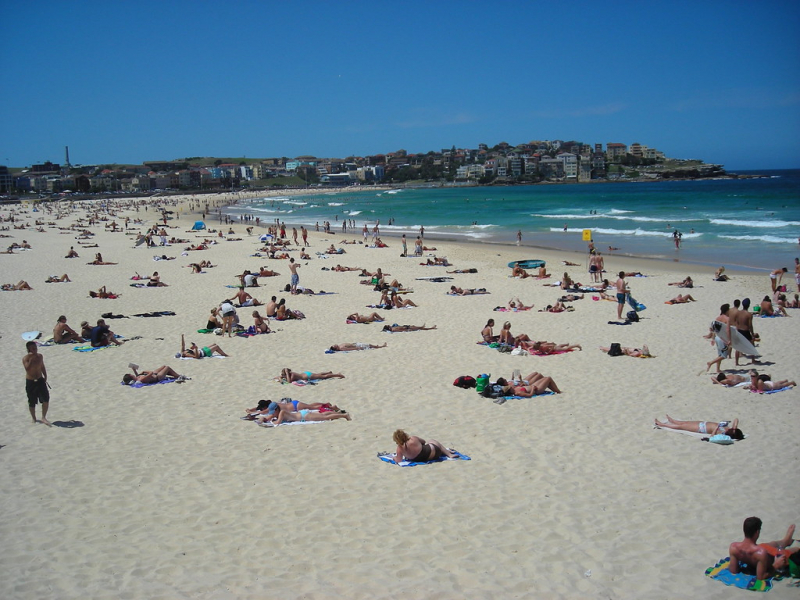
https://www.flickr.com/ -
Australia has consistently ranked as one of the most tolerant countries in the world, and last year's postal survey on the topic of marriage equality put that claim to the test. A resounding (and long overdue) triumph for a nation so proud of its progressive principles was achieved by 62% of Australians who voted yes to legalizing same-sex marriage despite months of repugnant public debate.
Australia has gained a great deal of knowledge through the various waves of immigrants who have greatly enhanced its culture. One of them is the importance of variety, which is a crucial lesson as the country adjusts to its position in the new global order.
Australia has a tolerant culture. It can handle a wide range of perspectives on life, work, and the family. However, there are a few fundamental aspects of Australian culture to which immigrants must adapt. One of these is simply tolerance; newcomers are expected to act with the same tolerance that is displayed toward them.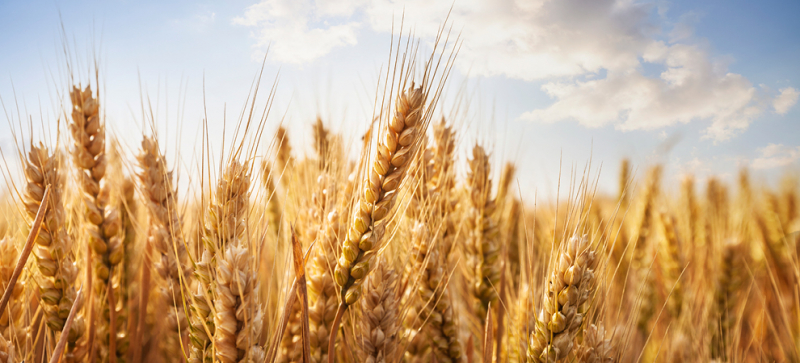
https://www.dese.gov.au/ 
https://thewest.com.au/ -
Australia is lucky to be one of the wealthiest countries on earth, according to the UN Human Development Report and the Economist Intelligence Unit's quality-of-life rating. Since the word was first used to describe Australia fifty years ago, it has frequently been referred to as "The Lucky Country," and it is a fitting nickname for a country with such a desirable climate, a dependable political system, and an abundance of natural resources.
The phrase "fortunate country" had a familiar ring to it for Australians. The majority of them were aware that writer Donald Horne had invented the term in a renowned book he authored in the early 1960s. Since then, it has taken on a life of its own and has nearly become a colloquial term for Australia, in the same vein as "Down Under" or "Oz." For Australians, who like to believe that their nation is the best in the world, it sounded good and also right. Of sure, their nation was fortunate. Who would want to live somewhere else? Take a look around you.
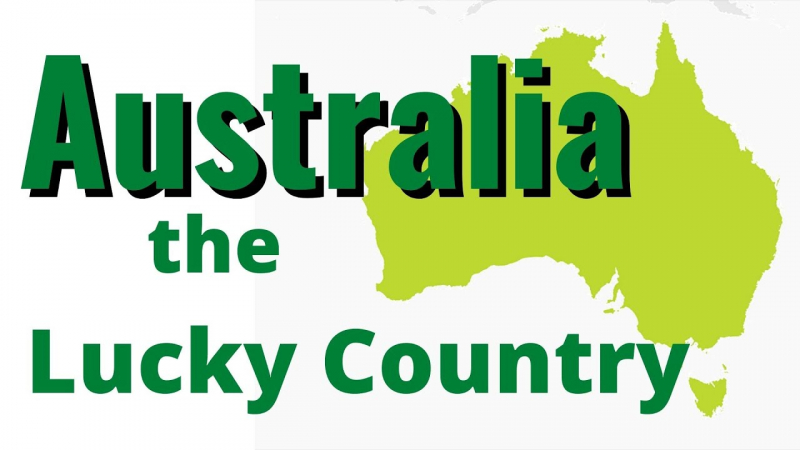
https://www.youtube.com/ 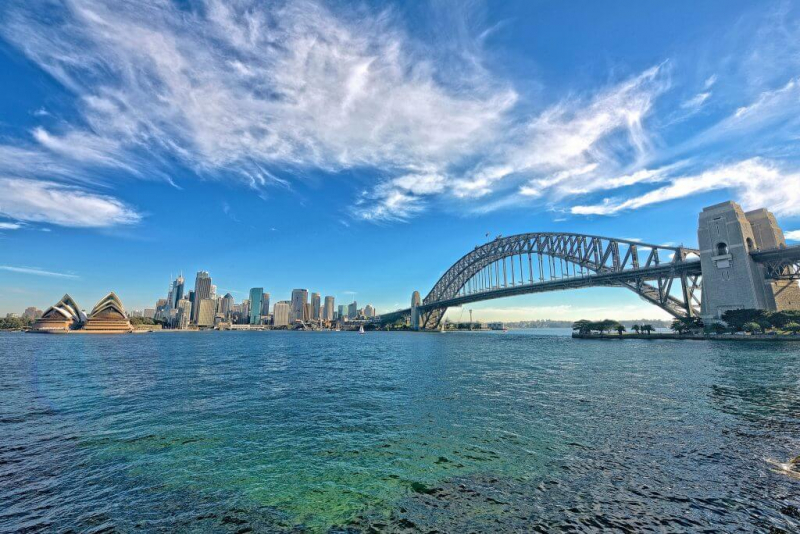
https://www.distantjourneys.co.uk/













